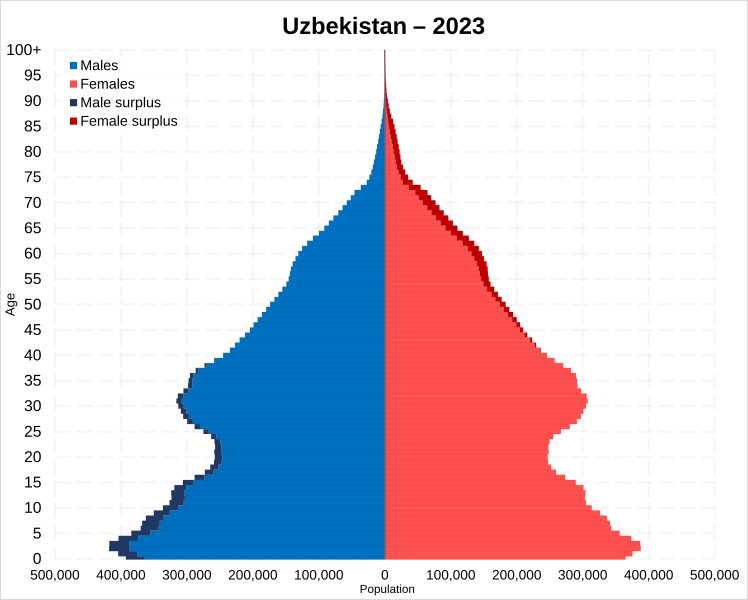Discovering new destinations often involves learning fascinating facts about Uzbekistan, a country rich in history, culture, and unique traditions. From its pivotal role in the Silk Road to its intriguing customs and remarkable landmarks, Uzbekistan offers a wealth of intriguing details.
1. Uzbekistan is one of the two doubly landlocked countries

Uzbekistan is one of only two doubly landlocked countries in the world, meaning it's surrounded by other landlocked countries. To reach a coastline from Uzbekistan, you must cross at least two other countries. Liechtenstein is the only other nation with this distinction.
2. Alexander the Great once occupied Uzbekistan

In 329 BCE, Alexander the Great conquered the ancient city of Samarkand, which is now a UNESCO World Heritage Site. This city was a key crossroads on the Silk Road, contributing to its historical and cultural significance.
3. Russia ruled Uzbekistan for nearly two centuries

Uzbekistan came under Russian control in the late 19th century and remained part of the Russian Empire and later the Soviet Union until gaining independence in 1991. The Soviet era significantly influenced the country’s political and social landscape.
4. Cotton is known as ‘white gold’ in Uzbekistan

Cotton, a major export for Uzbekistan, is often called 'white gold' due to its economic importance. It accounts for 17% of Uzbekistan’s exports. The country is the eighth-largest producer of cotton globally.
5. Uzbekistan has one of the largest open-pit gold mines

The Muruntau Gold Mine in the Qizilqum Desert is one of the world's largest open-pit gold mines. With an annual production of 66 tonnes, it ranks as one of the top gold-producing sites globally.
6. Uzbekistan is home to various UNESCO World Heritage Sites

Uzbekistan boasts five UNESCO World Heritage Sites, including Samarkand, Bukhara, and Khiva. These sites are renowned for their historical significance and architectural beauty.
7. Russian is the second most spoken language in Uzbekistan
Russian remains widely spoken in Uzbekistan due to the country’s historical ties with the Soviet Union. It serves as a common language across different regions and communities within the country.
8. Uzbekistan follows a unique tradition of pouring tea

In Uzbekistan, tea drinking involves a ritual where the tea bowl is rinsed with hot tea before the actual tea is poured. This practice, performed three times, reflects the cultural importance of tea in Uzbek hospitality.
9. Uzbekistan has its own good-luck bread

Known as Lepioshka, the traditional Uzbek bread is considered a symbol of good luck. It is never placed upside down or on the ground, reflecting the cultural significance of bread in Uzbek society.
10. Uzbekistan’s metro system has incredible architecture

The metro system in Uzbekistan, particularly in Tashkent, is renowned for its stunning architecture. The stations feature elegant marble interiors, intricate carvings, and beautiful chandeliers, making them a must-see for art enthusiasts. The underground metro was also built as a nuclear bomb shelter.
11. Uzbekistan was a significant part of the Silk Road

Uzbekistan’s strategic location along the Silk Road made it a vital hub for trade and cultural exchange. The country’s cities, such as Samarkand and Bukhara, were key trading centers during ancient times.
12. Uzbekistan is the most populous country in Central Asia

With a significant population of over 32 million people, Uzbekistan stands as the most populous nation in Central Asia. Its demographic size and cultural diversity contribute to its prominence in the region.
Uzbekistan is a country rich in history, culture, and unique characteristics. The array of facts about Uzbekistan illustrates the depth and diversity of this Central Asian gem. Each fact unveils a layer of Uzbekistan's story, showcasing its remarkable achievements, historical significance, and cultural treasures.